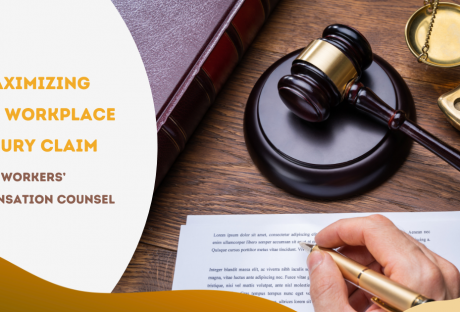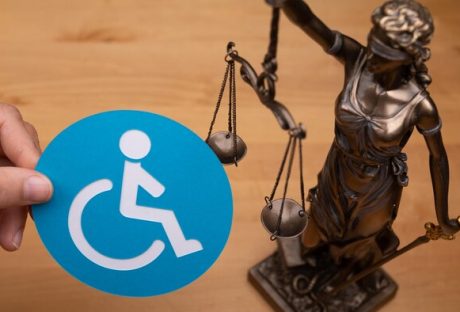Exploring the interplay between mental health and Canadian criminal law presents a challenging and constantly changing scenario. The judicial system acknowledges that individuals struggling with mental health may necessitate a distinct approach compared to those without such issues, focusing on balancing justice and empathy. This article delves into the diverse role mental health plays within the Canadian criminal justice system, spanning from initial arrest to sentencing and rehabilitation.
Contents
Mental Health As A Contributory Element In Sentencing
A crucial aspect of the connection between mental health and Canadian criminal law lies in its influence on sentencing. The courts recognize that mental health difficulties can play a role in criminal activities and, occasionally, act as a contributory element. In determining sentences, judges consider factors such as the accused’s mental state during the offense, possible connections between mental health problems and criminal actions, and the overall effect on responsibility. This comprehensive approach seeks to guarantee that sentences are equitable and tailored to individual situations.
Diversion Initiatives And Mental Health Courts
Acknowledging the distinct requirements of individuals facing mental health difficulties, Canadian criminal law has implemented diversion initiatives and specialized mental health courts. These alternatives strive to steer individuals clear of conventional criminal proceedings and towards programs that tackle the underlying reasons behind their conduct. Mental health courts specifically offer a more healing approach, linking accused persons with mental health resources and support instead of concentrating solely on punitive actions.
Challenges In Assessing Mental Fitness
Assessing mental fitness is a critical component in determining an individual’s culpability and appropriate legal response. However, it poses significant challenges. Mental health assessments often require expertise from forensic psychologists and psychiatrists to provide comprehensive evaluations. The courts must navigate issues of reliability, confidentiality, and the potential stigmatization of the accused. Striking a balance between protecting the rights of the individual and ensuring public safety adds complexity to the process of assessing mental fitness within the Canadian legal system.
Cases And The Role Of A Specialized Lawyer
Within the broader context of mental health and Canadian criminal law, cases involving child pornography present a unique set of challenges. Accusations of child pornography offenses can be emotionally charged and complex. A specialized child pornography lawyer plays a crucial role in such cases, understanding the sensitivity and gravity of the charges. These lawyers often collaborate with mental health professionals to assess the accused’s mental state, addressing underlying issues that may contribute to the alleged behavior. The goal is to ensure a fair legal process while also advocating for appropriate mental health interventions for both the accused and potential victims.
Access To Mental Health Treatment For Offenders
Recognizing the potential for rehabilitation, Canadian criminal law emphasizes access to mental health treatment for offenders. When mental health concerns are detected, the legal system strives to provide access to suitable treatment and assistance. This could entail collaborating with mental health experts, devising customized rehabilitation programs, and continuous supervision to make sure the individual gets the required care. Ultimately, the goal is to tackle the underlying reasons for criminal actions and encourage successful re-entry into society.
The Need For Continued Education And Awareness
Though progress has been achieved in recognizing mental health’s significance in Canadian criminal law, continuous education and awareness remain crucial. Judges, attorneys, law enforcement officers, and the general public need to keep learning about the intricacies of mental health and criminal behavior. This involves identifying symptoms of mental illnesses, comprehending their possible effects on legal procedures, and supporting policies that emphasize the well-being of individuals within the criminal justice system.
In conclusion, the relationship between mental health and Canadian criminal law reflects a commitment to a balanced and compassionate legal system. From sentencing considerations and Charter protections to diversion programs and specialized courts, the legal landscape is evolving to address the unique needs of individuals with mental health challenges. By recognizing the importance of mental health in legal proceedings, Canada is taking significant steps toward fostering a system that prioritizes justice, fairness, and rehabilitation.
Read Also:























